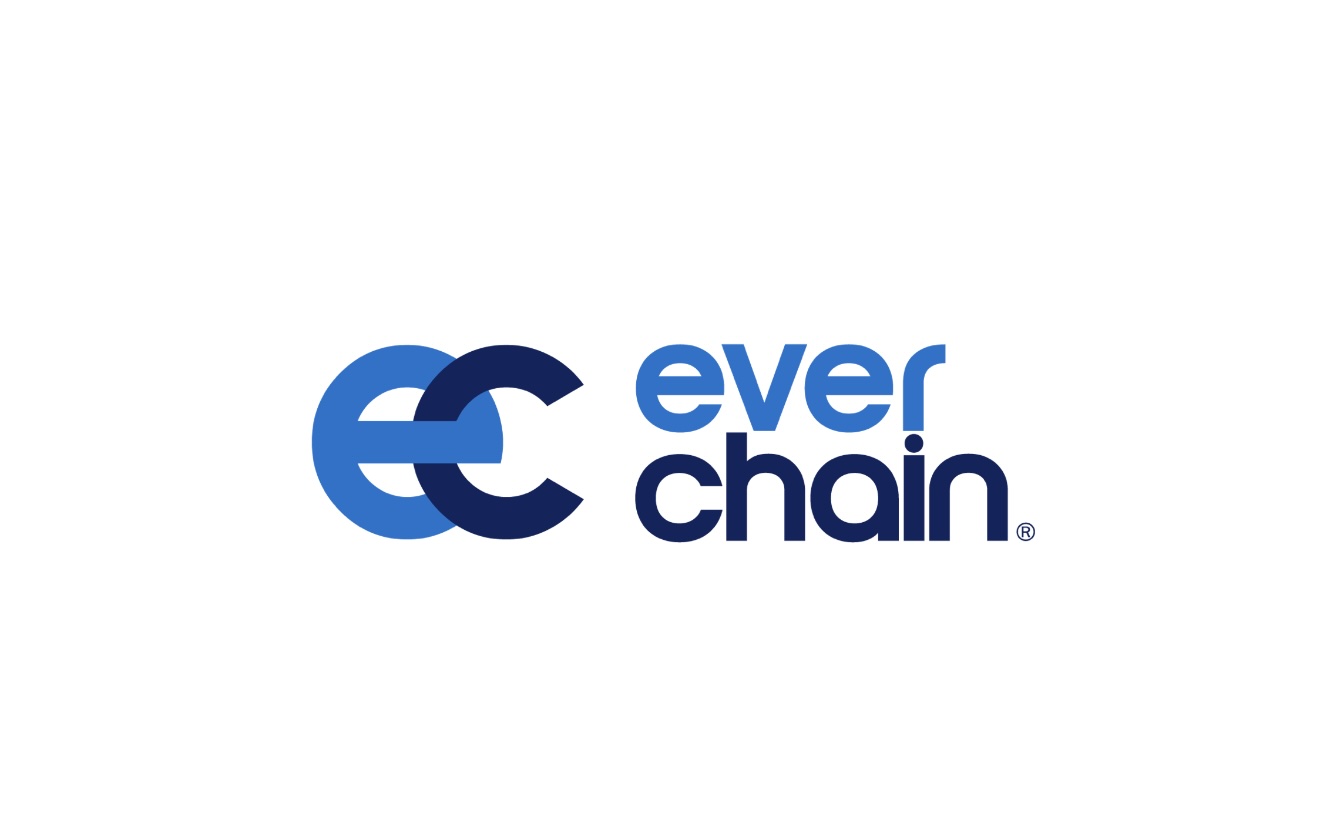Source: site

AI Use Cases in Houston Financial Institutions
Houston financial firms are applying AI in several key areas:
-
Conversational AI (chatbots and voice assistants) that handle up to 80-94% of Tier-1 queries, save about $0.70 per interaction, and support 24/7 customer service.
-
Automated credit underwriting, reducing approval times by up to 67%.
-
Machine learning-driven fraud and anti-money laundering (AML) systems that detect anomalies in real time.
-
Robotic process automation (RPA) and document processing to streamline back-office tasks and reduce labor hours.
-
Generative AI assistants to help with customer onboarding and employee training.
These use cases yield quick ROI, enhance customer experience, and help institutions better manage costs and regulatory compliance in a competitive Houston financial ecosystem.
Benefits and Local Ecosystem Support
Houston’s unique environment with a dense network of energy firms, startups, data talent, innovation hubs like Ion Houston, and active investment banking supports rapid AI adoption. This ecosystem enables quick pilot cycles, lower early-stage costs, and smoother vendor integration for AI projects. Texas institutions also benefit from local AI vendors providing specialized enterprise solutions tailored for the finance sector, including multilingual and compliance-focused applications.
Regulatory and Governance Framework
Houston financial institutions are preparing for compliance with Texas’s new Responsible Artificial Intelligence Governance Act (TRAIGA), effective January 2026. The law emphasizes AI governance committees, detailed documentation of AI model data and performance, prompt and audit logging, vendor contractual obligations, and adherence to NIST-aligned risk frameworks. This regulatory approach aims to provide innovation-friendly yet robust AI oversight, helping Houston firms implement AI responsibly while managing risks such as bias, privacy, and vendor dependencies.
Competitive Edge and Customer Impact
By deploying generative AI and machine learning models, Houston banks and credit unions improve operational speed and customer engagement, gaining advantages against national competitors. For example, a Texas credit union using AI digital assistants reported a fivefold increase in customer acquisition by proactively assisting with online applications. AI also supports better fraud prevention and risk assessment, contributing to safer financial services.
In summary, Houston financial institutions are capitalizing on AI advances to modernize operations, improve customer service, and ensure regulatory compliance, supported by a vibrant local AI ecosystem and new state laws facilitating responsible AI deployment. This combination strengthens their competitiveness and innovation in the financial services sector.




